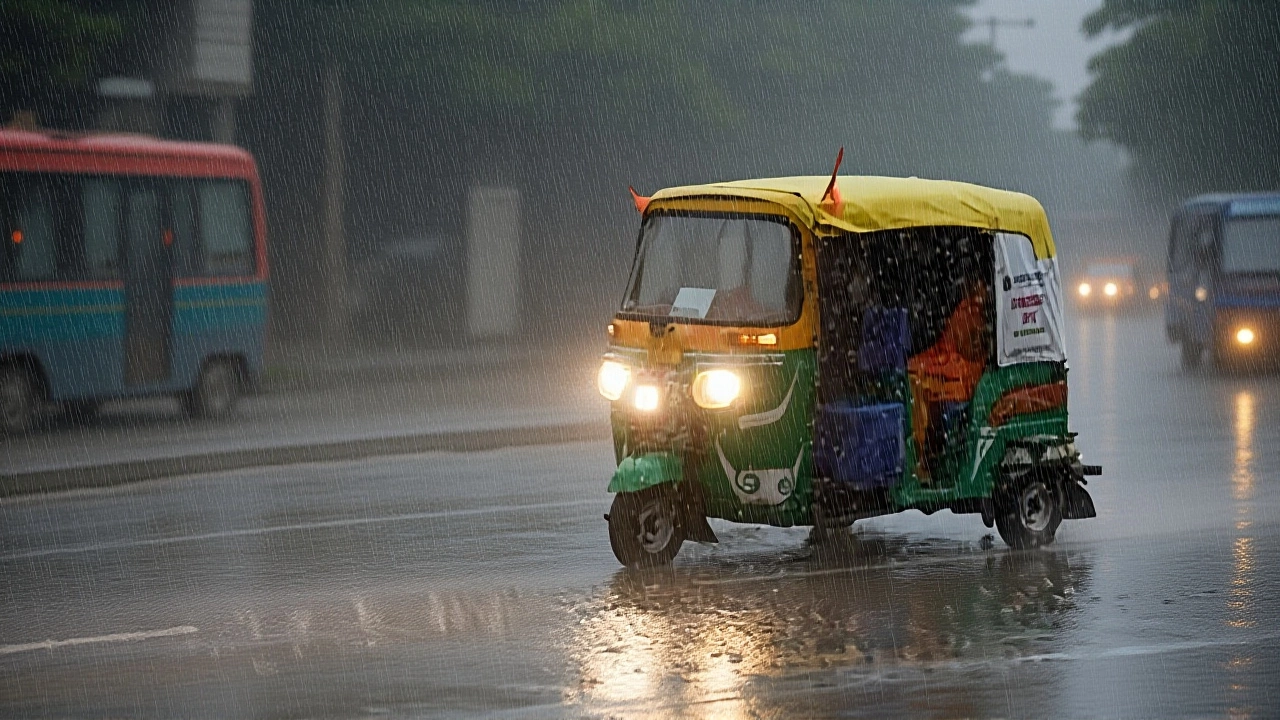Public Health Challenges and How Dentists Can Help
Ever wonder why health problems keep popping up in your community? It isn’t just about hospitals or doctors. Public health covers everything from clean water to nutrition, and dentists play a surprisingly big role. In India, gaps in basic services, poor education, and limited resources create a perfect storm that harms whole populations. Understanding these gaps can help you make a real difference in your practice and beyond.
Key Issues Driving Public Health Gaps
First off, many people still lack reliable access to clean water and proper sanitation. Without these basics, infections spread fast, and oral diseases become more common. Add to that the fact that a lot of families can’t afford routine check‑ups or even simple toothbrushes. When dental care feels like a luxury, cavities and gum disease turn into bigger health problems.
Nutrition is another big piece of the puzzle. Diets high in sugar and low in essential vitamins fuel tooth decay and weaken the immune system. In rural areas, limited fresh produce means people rely on cheap, processed foods that damage teeth and overall health.
Education—or the lack of it—keeps the cycle going. Many communities aren’t aware of basic oral hygiene practices or how mouth health links to heart disease, diabetes, and pregnancy outcomes. When health messages don’t reach the right ears, preventable issues keep piling up.
Practical Steps Dentists Can Take
So, what can you do right from your clinic? Start by offering low‑cost or free oral health screenings at community events. A quick check‑up can catch problems early and spark conversation about nutrition and hygiene.
Partner with local schools to run short, interactive workshops. Show kids how to brush properly, explain why sugary drinks are a problem, and hand out simple flyers in regional languages. Kids often take those lessons home, influencing the whole family.
Consider setting up a referral network with nearby primary care doctors and NGOs. When a patient needs nutrition counseling or water sanitation advice, you can point them to the right place. This teamwork strengthens the whole health system.
Don’t underestimate the power of simple educational materials. Posters in the waiting area that connect gum disease to heart health can change mindsets in a few seconds. Keep the language plain and visuals clear—no jargon.
Finally, use your voice on social media or local radio. Short messages about flossing, the dangers of tobacco, or the benefits of fluoride can reach hundreds, if not thousands, of listeners.
By weaving these small actions into your daily routine, you turn your dental practice into a hub for community health. The impact adds up: fewer infections, better nutrition habits, and a more informed public. It’s not just good for patients—it’s good for your reputation and the future of healthcare in India.
Public health may sound huge and out of reach, but every dentist has the power to push it in a better direction. Start with one screen, one workshop, one flyer, and watch the ripple effect grow.
Heavy Rain Alert in Eastern UP: Varanasi and 16 Other Districts Braced for Torrential Downpours
- Kaius Sterling
- October 30, 2025
- 0 Comments
On October 30, 2025, the IMD warned of torrential rain in 17 eastern Uttar Pradesh districts, including Varanasi, despite statewide forecasts showing minimal rainfall — highlighting dangerous microclimate extremes and public health risks.
read moreWhat is the problem with public health?
- Kaius Sterling
- March 13, 2023
- 0 Comments
Public health is a major issue in many countries around the world. Poor access to health services, inadequate nutrition, and a lack of education about health issues are all contributing factors to this problem. Poor infrastructure and lack of resources also impede progress in tackling public health issues. This is especially true in developing countries, where governments are unable to provide the necessary support for health initiatives. The lack of access to clean water, sanitation, and health care is a major concern for many communities, and this can have a damaging effect on people's health. The lack of financial resources can also affect the health of a population, as medical treatments may be too expensive for many people to access. Finally, the lack of public awareness on health issues can lead to a lack of understanding and knowledge, further exacerbating the problem.
read more
